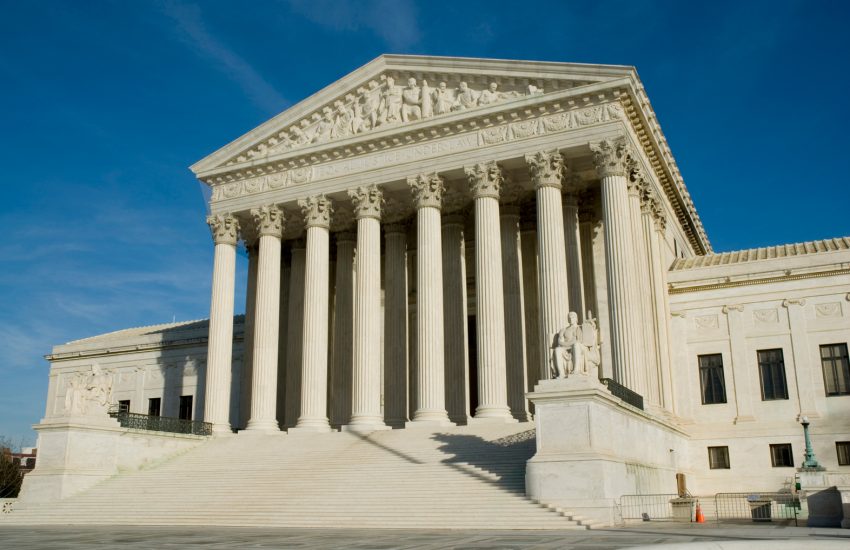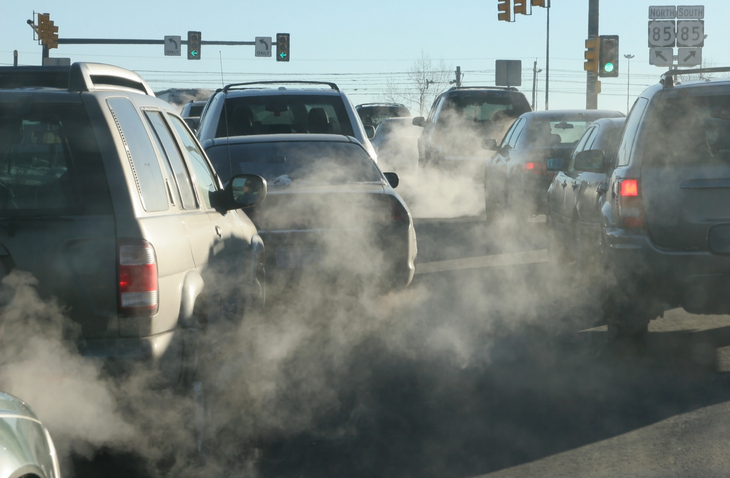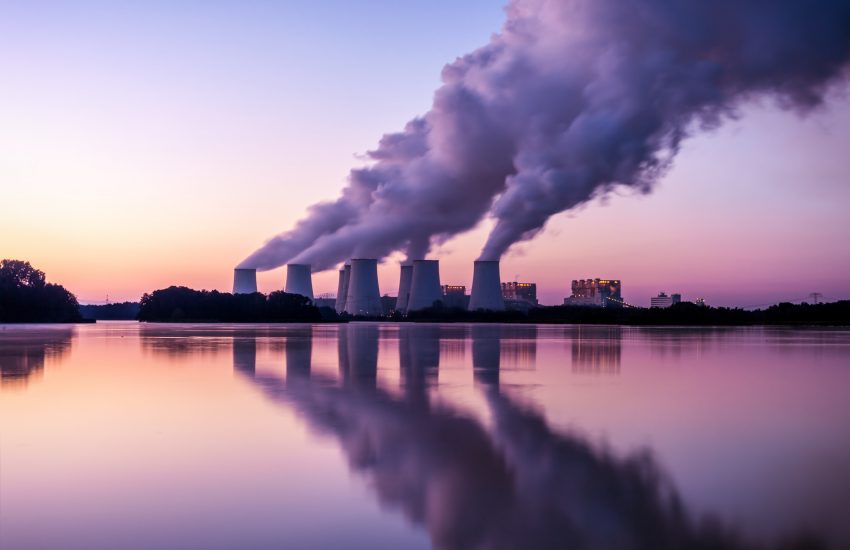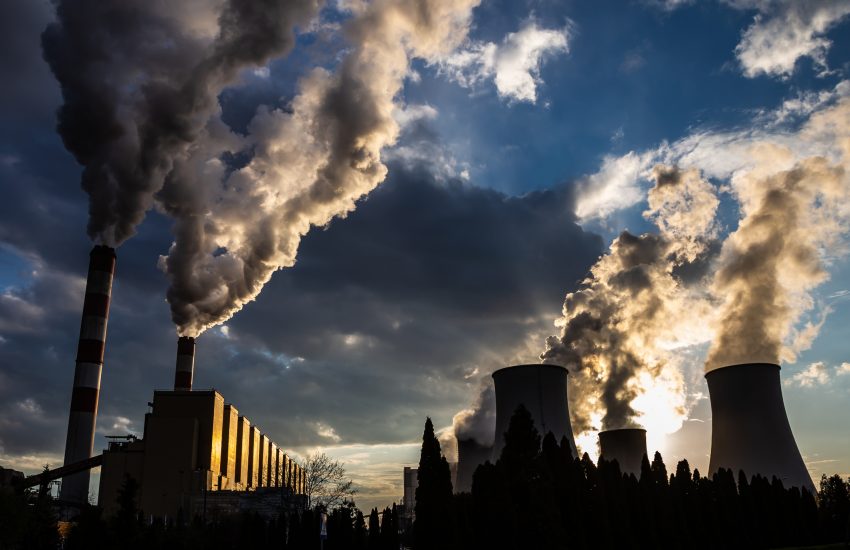As regular readers of this blog know, we have been keeping tabs on the Supreme Court’s review of West Virginia v. Environmental Protection Agency, a case addressing how broadly executive agencies can interpret the legislation authorizing their activities. Today, the Supreme Court issued its opinion on the matter, holding that the “major questions” doctrine precluded the EPA from using the Clean Air Act to require energy producers to change the type of energy generation they use.
Under Section 111(d) of the Clean Air Act, …
Continue Reading








